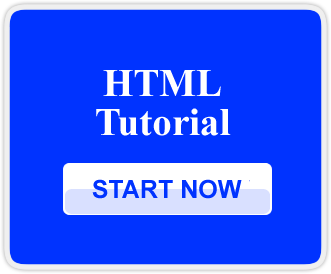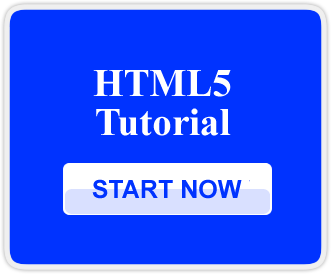

 >
> 
 >
> 
HTML - Comments
What are Comments? A comment is a particular piece of code that isn't displayed by any web browser. It is often an excellent practice to place comments in your HTML document code, especially when handling complex HTML documents, mostly to indicate the various sections of an HTML document, and also any other information about the code for anyone looking at the code. Comments also help yourself, and other people understand your code quickly and increase your code readability. HTML comments are k.
HTML - Meta Tags
What are HTML Meta Tags HTML allows you to list out metadata which is extra important info about a particular document in a number of ways. The Meta element is to be used to add name or value pairs showing qualities of the particular HTML document, like the author, a list of keywords, expiry date, and the document author, etc. The HTML <meta> tag is mainly used to list out such extra information. This HTML tag is a void element and so it does not have a close tag, it also.
HTML - Phrase Tags
HTML Phrase Tags HTML Phrase Tags are provided for very specific purposes, even though they are all displayed in quite an identical way as most of the other basic HTML tags such as <b>, <i>, <pre>, and <tt>, as we have discussed in the other previous chapter. This particular chapter will help make you understand all the important HTML phrase tags, so let's start discussing them one at a time. Types of HTML Phrase Tags 1. Emphasized Text 2. Marked Text 3. Strong .
HTML - Formatting
What is HTML Formatting? HTML Formatting are special styling for text in HTML webpages or documents in other to make the documents well structured and pleasing to the eyes Some of these formatting styles include: 1. Bold Text 2. Italic Text 3. Underlined Text 4. Strike Text 5. Monospaced Font 6. Superscript Text 7. Subscript Text 8. Inserted Text 9. Deleted Text 10. Larget Text 11. Smaller Text 12. Grouping content Bold Text Any text that appears in between the <b> </b&g.
Information Technology Fundamentals - Introduction
Information Technology Definition Information Technology is a branch of technology that deals with the use of computing devices to process data or information. Information Technology is the design and implementation of computer networks and devices for data processing and communication. The modern I.T includes the use of both hardware and software for processing information and connecting separate components as well as developing software that can efficiently and faultlessly analyze and .
HTML - Attributes
HTML - Attributes Over the course, we have observed or see a few HTML tags and what they are used for, the likes of the heading tags <h1>, <h2>, the paragraph tag <p> and other various tags. We have made use of them currently in their most basic form, but a huge number of these HTML tags can also posses attributes, which are the extra spice of information attached inside the tag. An Attribute is used for defining the qualities that an HTML element possesse.
HTML - Elements
HTML Element An HTML Element can be defined by a start tag. supposing the element contains additional or some other content, it has to end with a close tag, in which the element name is followed by a forward slash as it is shown in the table below: Example: Start Tag Content End Tag <p> Paragraph content. </p> <h1> Heading content. </h1> <div> Division content. </div> <br /> Break or a void element &.
HTML - Basic Tags
What are HTML Tags HTML Tags are special tags used in structuring content in an HTML document or web page. Some of these Tags include the: 1. Heading tag, 2. Line-break tag, 3. Center tag, 4. Paragraph tag, 5. Division tag, 6. Section tag, 7. Horizontal line tag e.t.c Heading Tags Every document always begins with a heading. You can make use of various sizes for writing your headings. HTML has mainly six sizes of headings, which are: <h1>, <h2>, <h3>, <h4>.
HTML - Introduction
What is HTML HTML is the abbreviation for HyperText Markup Language. HTML contains mark-up characters used to develop and display web pages on the browser. HTML is currently the most widely used markup language supported on the web. HTML was written and created by Berners-Lee. HTML 2.0 version was the very first standard and default HTML specification which was released to the public in the year 1995. The HTML 4.01 version was also .
